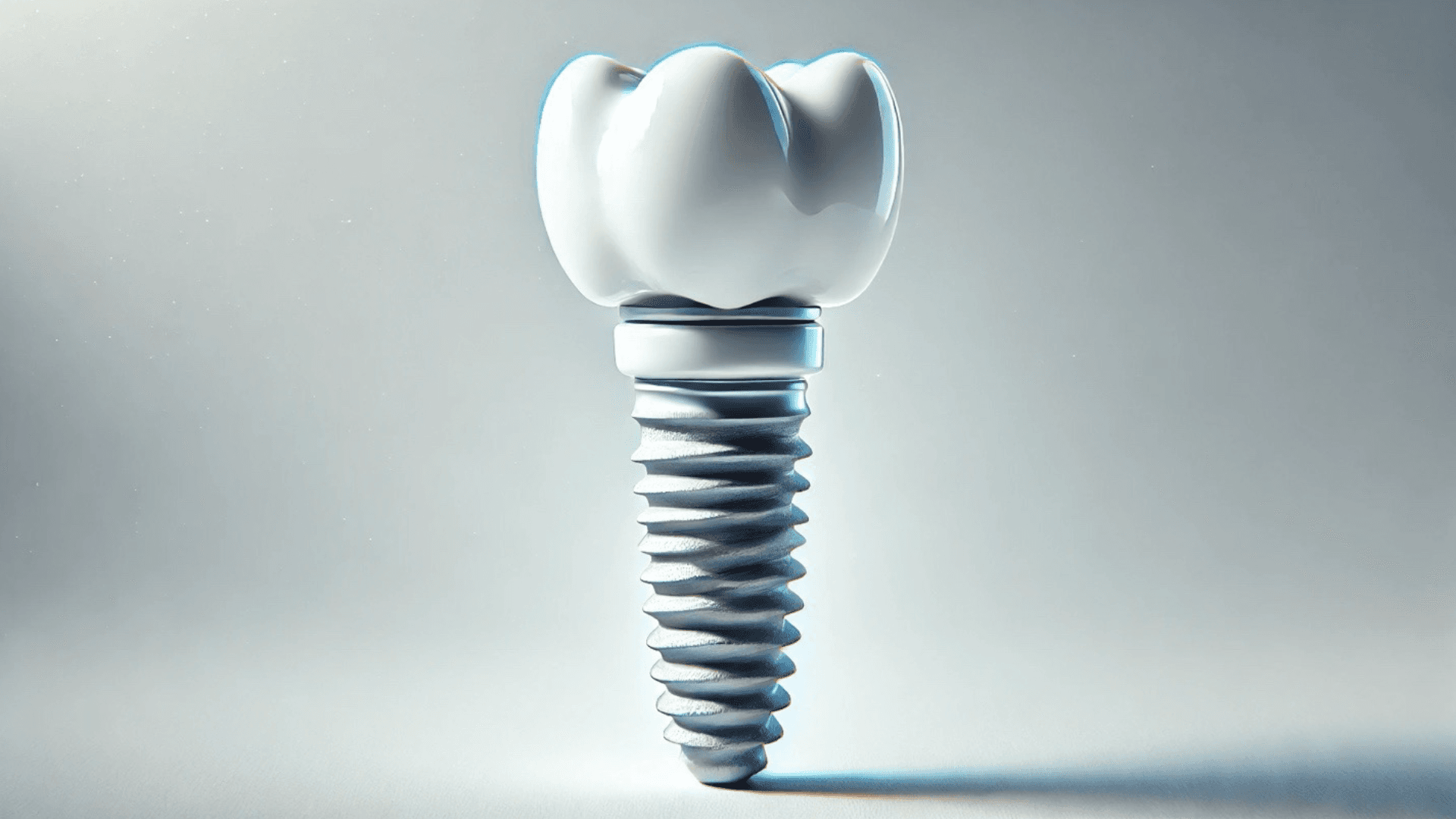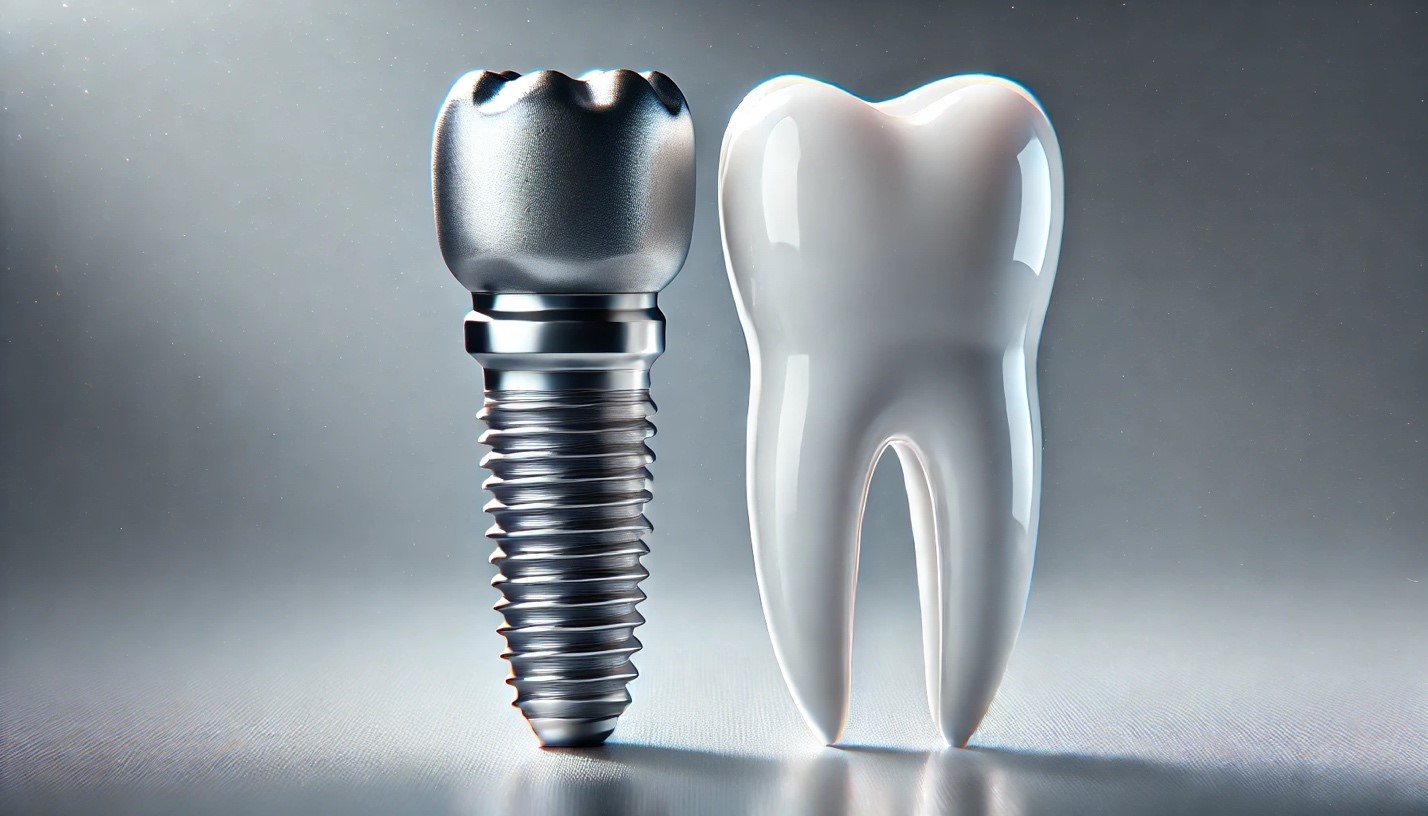
Thailand has emerged as a global leader in medical tourism, attracting over 3.5 million international patients annually. The country's appeal lies in its combination of high-quality healthcare services, affordability, and renowned hospitality.
Medtopia Holistic Dental Clinic

Dental implants are a widely used solution for replacing missing teeth. These implants function as artificial tooth roots, resembling small screws, and are inserted into the jawbone where teeth are missing. Once in place, they provide a stable foundation for crowns or dentures, enabling individuals to chew food, speak clearly, and smile confidently, as dental implants closely mimic the appearance and function of natural teeth.
Advantages of Dental Implants
Dental implants offer several benefits, making them one of the preferred methods for tooth replacement when oral health conditions are suitable:
- Chewing Efficiency: Dental implants facilitate easier and more effective chewing compared to other tooth replacement options.
- Clear Speech: They help improve clarity of speech, which can be affected by missing teeth.
- Enhanced Confidence: The natural look and feel of dental implants can boost confidence in one’s smile and overall appearance.
Materials Used for Dental Implants
The choice of materials for dental implants plays a crucial role in their effectiveness and compatibility with the body. Common materials include:
- Titanium: Known for its durability and biocompatibility, titanium has been the material of choice for dental implants for many years.
- Ceramic: Increasingly popular, ceramic implants are favored for their aesthetic appeal, safety, and resemblance to natural teeth. They are also free of metal, which can be an important consideration for some patients.

Holistic Approach to Dental Implants
A holistic approach to dental implants involves considering the patient's overall health and long-term well-being, not just their oral health. This means:
- Biocompatibility: Ensuring the materials used for implants are compatible with the body to reduce the risk of adverse reactions.
- Minimally Invasive Procedures: Using techniques that minimize tissue damage and promote faster healing.
- Long-Term Health Considerations: Selecting implant materials and methods that support long-term health, reducing the risk of complications.
Before opting for dental implants, it is important to address any underlying conditions that might affect the success of the treatment, such as periodontal disease, diabetes, or bone density issues. Consulting with a dental professional can help in assessing the suitability of implants and planning an appropriate treatment strategy.
Dental implants are a reliable and effective option for replacing missing teeth, offering benefits that enhance daily life and overall health. By understanding the materials used and the holistic approach to treatment, individuals can make informed decisions about their oral health care.
References:
[Periodontitis Symptoms - ArokaGO] (https://www.arokago.com/healthlibrary/periodontitis/symptoms)
[Medtopia Dental] (https://medtopiadental.com)
Discover the secrets to effective health care planning in our article.

Thailand has emerged as a global leader in medical tourism, attracting over 3.5 million international patients annually. The country's appeal lies in its combination of high-quality healthcare services, affordability, and renowned hospitality.

When I was a child, I heard a story that has lingered in my memory ever since. A fire had broken out in a quiet village, and amid the panic, one man rushed back into his burning home—not to find his family or save something irreplaceable, but to carry out a large water jar. He managed to escape, jar in tow, but as he stood in the ashes later, he was struck with confusion. How had he carried something so heavy on his own? And more troubling still—why had he instinctively grabbed the jar instead of thinking about his family’s safety?

Facelifts are among the most effective procedures to rejuvenate the face and reverse signs of aging. However, choosing the right facelift technique — tailored to your facial structure, age, and expectations — is essential to achieving natural, long-lasting results.
ALINE Clinic